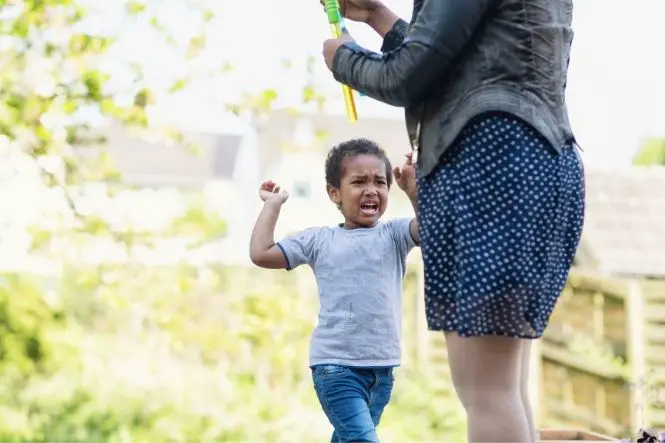Nail biting is primarily a nervous habit in children. Much like thumb sucking or carrying around a favourite toy, nail biting provides children with a sense of comfort that allows them to calm themselves more than they might be able to otherwise. Most children outgrow nail biting in time, particularly when others notice that their hands look raggy or “ugly”. In the meantime, pressuring children to stop biting their nails will likely have little result so parents should be sure to encourage their children to take better care of themselves without adding negative attention to the mix.
Observe Nail Biting
Parents who want to help their children tackle nail biting should observe when and where it happens. Most children will not be able to make the connection that they bite their nails as a way of comforting themselves, but by keeping track of the behaviour parents may be able to pinpoint the stressors that trigger nail biting. Parents should pay particular attention to:
- Where the child is when (s)he starts to bite his/her nails.
- Who is around when the child starts to bite his/her nails.
- The subjects or topics that are under discussion when a child bites his/her nails.
- If there is a particular time of day when the child bites his/her nails.
Discuss Nail Biting
Once parents are familiar with the triggers of their child’s nail biting they should undertake to discuss both the triggers and the habit. This is the time when parents can try to show a child that (s)he tends to bite her nails when she is nervous, frustrated or otherwise feeling uncomfortable. During these discussions, parents should help the child work out ways that they can deal with their emotions instead of nail biting as well as ways that they can avoid nail biting in the future. Many children respond well to the idea of rewards for not nail biting. Daily rewards work well at the beginning of new ventures but as time goes on, weekly and then monthly rewards can be introduced as well. Girls in particular respond well to the idea of making their nails pretty, so at home or professional manicures often go a long way towards breaking a nail biting habit.
Seeking Help for Nail Biting
Most nail biting, in which children nibble at the tips of their nails, do not constitute a health problem but if a child bites his/her nails so aggressively that his/her fingers bleed or become infected then medical help may be required. GPs are generally able to work with hands or fingers that require minor medical attention though severe nail biting – such that nails or cuticles become deformed or fail to grow – may require specialist care.
Nail biting is generally a nervous habit that children outgrow when they become more conscious of their appearance. Parents who are concerned about a child’s nail biting should observe the behaviour, discuss it with their child and agree to a regime to help the child break this habit. If children are not concerned with nail biting then parents should not pressure them to change their ways, however if nail biting is causing a child’s fingers actual damage such as bleeding or infections then a GP’s advice should be sought. Otherwise parents should remain open to the day that their child will come to them asking for help to stop nail biting.



